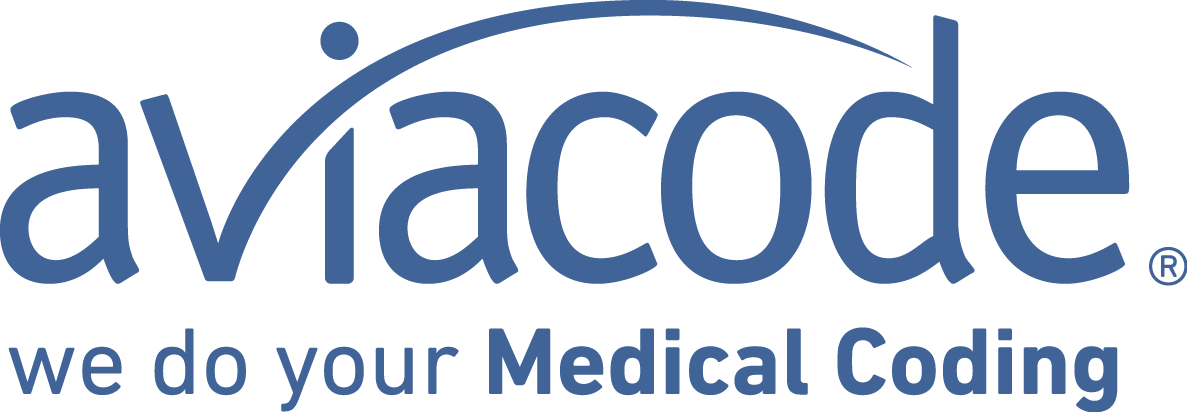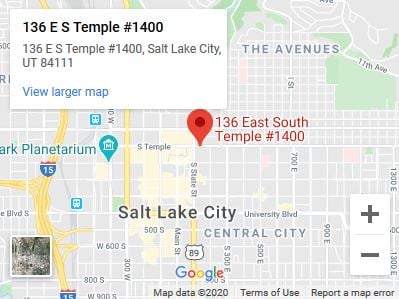If you are considering having a serious career in medical coding, the first thing you need to do to gain credibility is to get certified. There are several different types of certifications for medical coders so make sure you know which one would be best for you. The certifications are split into two different levels: entry- level certifications and advanced certifications. Here are some of the most popular certifications:
Entry-level Certifications
Certified Coding Associate (CCA)
This is offered through AHIMA and is one of the most basic certifications that they offer. The program is designed to give medical coders a general understanding of coding principles. It will create coding competency in both hospitals and physician practices.
Eligibility Requirements:
- High School Diploma
Eligibility Recommendations:
- 6 months of medical coding experience
- Completion of an AHIMA approved coding program
Certified Professional Coder Apprentice (CPC-A)
Medical coders who earn this certification must pass the CPC exam and have the Apprentice designation added to their credential during their first year of work. This certificate is geared towards coding for a physician’s office. This credential will help medical coders be competent in coding for a wide range of services including, E/M, anesthesia, surgery, radiology, pathology, and medicine. It also gives medical coders an understanding of medical coding guidelines and regulations.
Eligibility Recommendations:
- Associates Degree
Advanced Certifications
Certified Coding Specialist (CCS)
This Certification is offered through AHIMA for more experienced medical coders. This certification is specific for inpatient medical coding.
Eligibility Requirements:
- Completion of the following courses: anatomy and physiology, pathophysiology, pharmacology, medical terminology, reimbursement methodology, intermediate/advance ICD diagnostic/procedural and CPT coding
- OR a minimum of 2 years of medical coding experience
Certified Interventional Radiology Cardiovascular Coder (CIRCC)
This credential is offered through AAPC, and it demonstrates a mastery of several coding specialties that include, interventional radiology and cardiovascular subjects.
Eligibility Recommendations:
- At least 2 years of cardiovascular experience or interventional radiology experience





